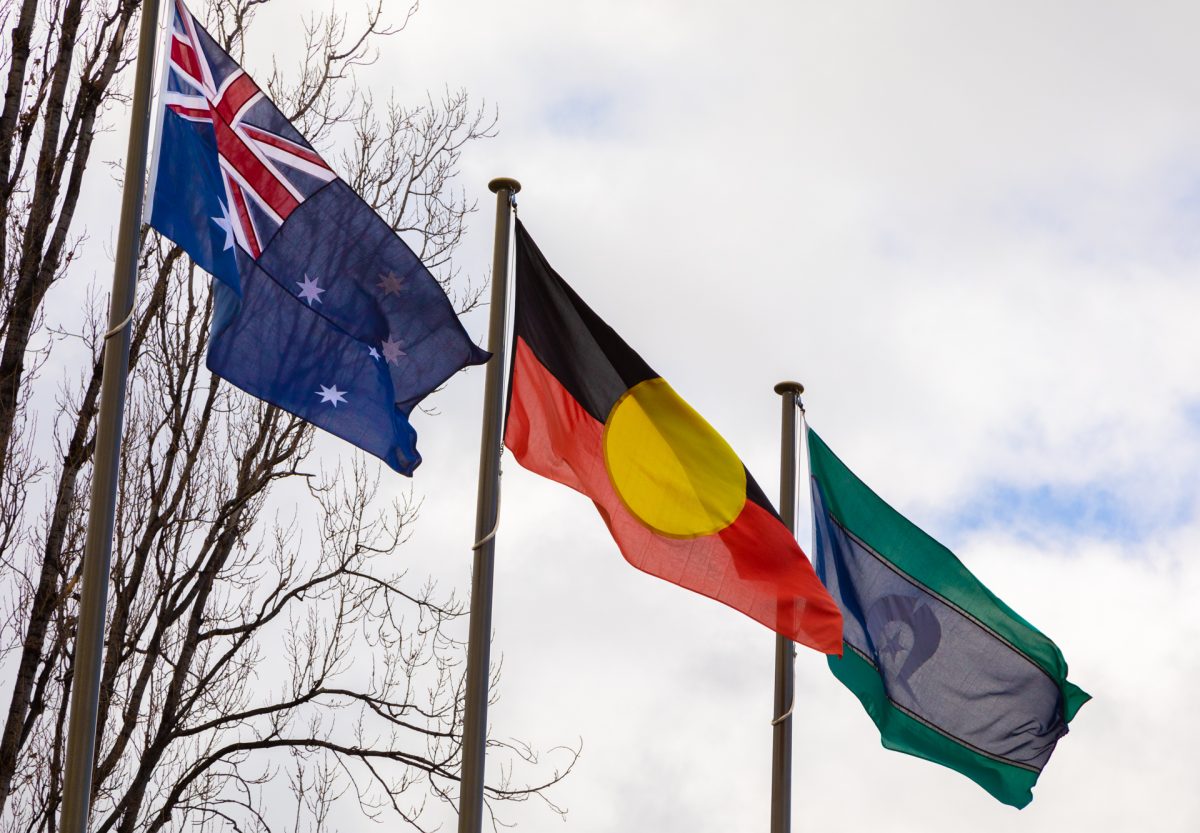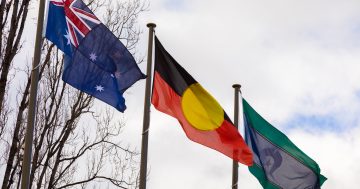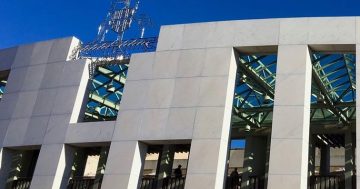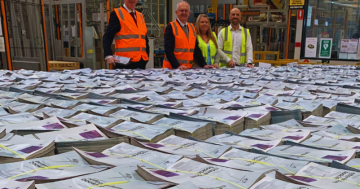
Public servants are being encouraged to voice their views on the Voice. Photo: Michelle Kroll.
The Community and Public Sector Union has defended the rights of public servants to express their personal views about the Indigenous Voice to Parliament Referendum.
Region first encouraged public servants to express their views earlier this month, explaining that the Australian Public Service Commission had sanctioned it as far back as April.
The CPSU has backed that call, explaining there was some confusion among its members over whether they could speak about the Voice in a personal capacity.
The union is firmly in the ‘Yes’ camp and is encouraging public servants to join campaigns and have their say on the referendum.
National secretary Melissa Donnelly said CPSU members across the country are continuing to campaign for an Aboriginal and Torres Strait Islander Voice to Parliament despite the uncertainty that existed earlier in the campaign.
“The CPSU is incredibly proud to be supporting the ‘Yes’ campaign because, as unionists, we understand the importance of having a say on the matters that affect you, on having your voice heard, and ensuring that voice is protected by law,” Ms Donnelly said.
“The Voice to Parliament is, of course, no different for our First Nations peoples.
“Early on in the campaign, questions arose regarding the rules surrounding the participation of APS employees in referendum campaigns.
“We were able to quickly iron out those kinks and assure our members that participating in the ‘Yes’ campaign in their own time and in an appropriate manner was not violating the APS Code of Conduct.
“Since then, there have been thousands of positive conversations with people right across the country, with many more to come.
“Our members are making phone calls, door knocking and having meaningful conversations with friends and family members.
“The active engagement of CPSU members in this critical national conversation reflects the values of our union and is working towards building a better country.”
In its guidance to all Commonwealth public servants, the APSC not only approved the expression of personal views about the Voice but appeared to encourage it by saying public servants had a lot to offer the debate.
“APS employees, like all Australian citizens, are entitled to express personal views on the merits of the various positions on the referendum question,” the guidance says.
“APS employees have a lot to offer the public conversation as an informed and engaged cohort.
“In engaging publicly, you should ensure that your conduct is lawful, that it is clear you are expressing your own views, and that your engagement does not conflict with your public service role.”
But it was the caution to ensure that all activity was in line with the APS Code of Conduct that led to some confusion among the workforce.
It also raised fears that individual agency bosses might seek to admonish – or even punish – any staff taking part in campaigns or voicing personal opinions.
The APSC’s advice to the workforce is that “provided that you do so in a way that is consistent with your obligation to maintain public confidence in the integrity and impartiality of the APS”, an individual can participate in either side of the debate as a private citizen.
However, caution was issued in the advice about what activities could land public servants in trouble.
“It’s important to be aware that your personal engagement in the referendum could potentially breach the Code of Conduct,” the APSC told staff.
“There are a range of risks and considerations you should think through carefully.
“The higher the risk that your behaviour could undermine trust in the APS, the more likely it is to be inconsistent with the code.”
The guidance went on to say that the risk of damage to public confidence will always depend on the circumstances, and engagement in the national conversation on the referendum will not in itself undermine trust in the APS.
“There are three key factors that can increase or mitigate that risk – your seniority in the APS, the connection with your official duties and how extreme the expression of your view is,” it said.
Original Article published by Chris Johnson on Riotact.











